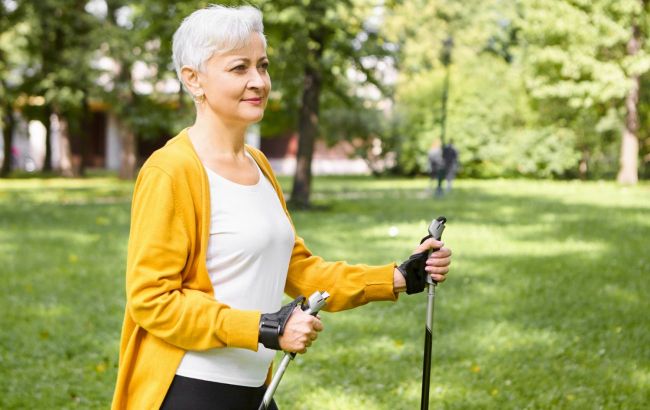Tachycardia and sports: Cardiologist's advice and explanation
 Illustrative photo (Freepik)
Illustrative photo (Freepik)
With the onset of spring, many begin their pursuit of physical fitness. However, for some, caution is advised as excessive physical exertion could potentially do more harm than good. Cardiologist Natalia Ivaniuk recently addressed the issue of whether it's safe to engage in sports activities when experiencing tachycardia.
Tachycardia refers to a condition where the heart beats faster than normal. This can be caused by various factors such as stress, physical exertion, or heart conditions.
The first step, as highlighted by the cardiologist, is to identify the underlying cause and address it accordingly. However, pinpointing the cause isn't always straightforward, as various conditions like chronic anemia, anxiety disorders, sedentary lifestyle, excessive caffeine intake, or medication usage could exacerbate tachycardia.
Engaging in physical activities can further elevate the heart rate, leading to discomfort and shortness of breath, especially during intense static exercises or running.
When it comes to physical activities that have a softer impact on the heart rate, swimming appears to be the most favorable option. The calming effect of water aids in stress reduction and relaxation, making it an excellent cardiovascular exercise when done calmly in a pool or in the sea.
Cycling, another low-impact activity, provides moderate cardiovascular exercise, strengthens the heart muscle, improves vascular tone, lowers "bad" cholesterol levels, and enhances blood oxygen saturation.
Yoga, not only beneficial for maintaining body tone but also for mental relaxation, serves as excellent meditation and heart health support, slowing down the heart rate during moments of tranquility. However, it's advisable to start doing yoga under the guidance of an instructor due to its various forms and potential complexities.
The cardiologist emphasized that tachycardia is not a life sentence. The key is to explore new opportunities, be under the vigilant supervision of a physician, and listen to one's own body cues.
This material is for informational purposes only and should not be used for medical diagnosis or self-treatment. Our goal is to provide readers with accurate information about symptoms, causes, and methods of detecting diseases. RBС-Ukraine is not responsible for any diagnoses that readers may make based on materials from the resource. We do not recommend self-treatment and advise consulting a doctor in case of any health concerns.

